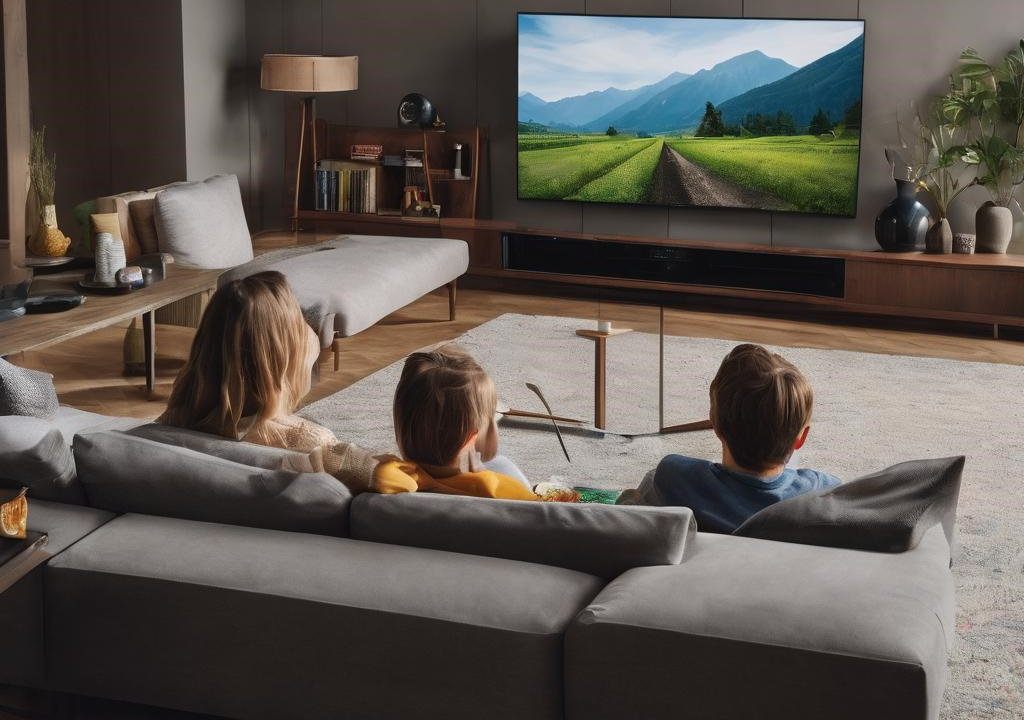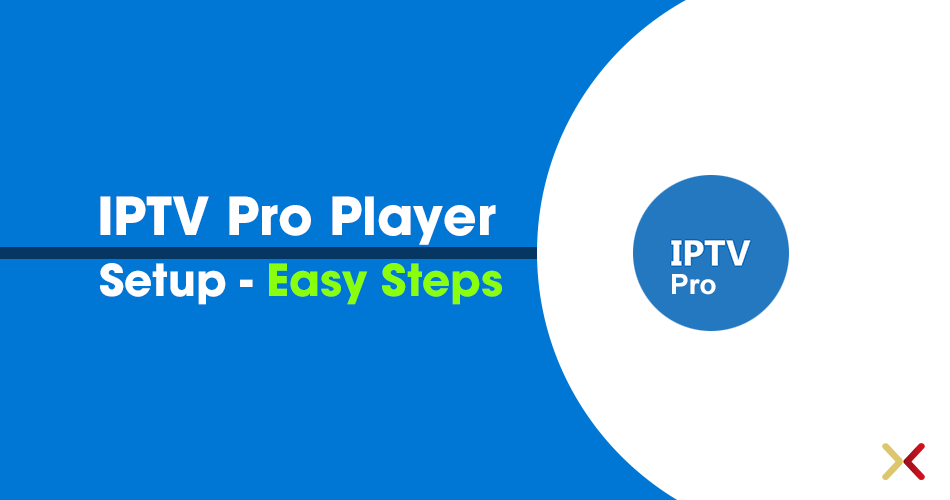
IPTV Honest Review in 2020
The hard parts for any IPTV provider are content, connectivity, and consumption. The contents are videos, audio, TV shows, etc. while the connectivity involves using a medium for consumers to access and use these contents.
Traditional TV providers such as cable and satellite TV make use of radio signals, which must be received by an antenna and then decoded. As such, conventional TVs allow for just a single level of communication between the content and the users.
IPTV revolutionizes the method of content delivery and allows for bidirectional communication between consumers and the content they consume. Thanks to dedicated IP services, IPTV allows for faster channel switch and makes content available faster than most people imagined.
For most people, IPTV involves a similar process as web content streaming and filer download. But IPTV has a far more reaching delivery implication.
For one, IPTV is not sent over the web. Instead, they are sent over several specially built IP that belongs to telecoms. As such, delivering content over the internet is done based on the best effort, which often results in poor quality, freezes, skips, etc. IPTV uses several dedicated IPs that are designed and guaranteed to provide viewers with the best quality of motion pictures and images.
As such, IPTVs, when set up correctly, offer users the best entertainment opportunities with high-definition videos. These contents are all available at the flick of a button, unlike most web-based streaming services that often involve long waiting buffers and download time.
One of the best features of the IPTV is its use of IP to deliver content. Since it makes use of an IP just like our internet connection, IPTV allows users to manipulate content just as they do while on regular internet connections. This is because once the content arrives somewhere, they are stored for as long as the IPTV providers permit. Within that window, the content can be replayed, skipped, copied, or retransmitted.
One of the most prevailing myths about IPTV today is the issue of security. A lot of consumers are often concerned about the safety of their data while using IPTV services. Interestingly, IPTV is far more secure than cable or satellite TV.
IPTV is far harder for hackers to crack than cable or other encrypted terrestrial TV. The use of bidirectional communication via a set-top box ensures that security messages-including authentication messages, confirmations, and decryption codes travel to and from the set-top box to multiple nodes on the providers’ network.
This bidirectional method of communication is far safer than those currently implemented on traditional TV. Since cable or satellite TV only communicates in a single direction, they rely on the decoder and a set of decryption keys stored on a smart card to authenticate the user’s data. These cards can easily be cloned and used anywhere, and since the decoder does not send details over to a central network for verification, such use will not be detected by most content providers.
Concluding Thoughts
More and more people are hopping on the train of IPTV because it offers one of the safest and most enjoyable entertainment features available at the moment. You can browse through content and watch what interests you without waiting for the providers to air such movies, and with most IPTV providers offering subscriptions with options like bitcoin payments, you can be sure your financial details will never be compromised.
Start Order your IPTV Subscription today.
Resource XTVLink.com



